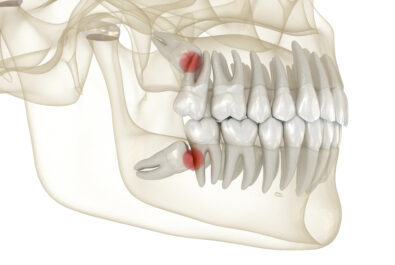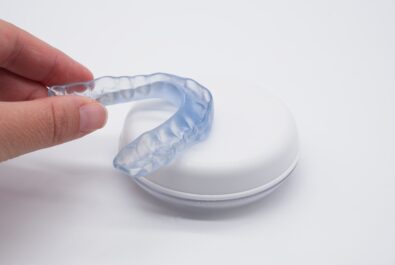In general, routine dental care is pretty straight-forward. Brush and floss your teeth twice a day, attend checkups and cleanings as often as recommended, and when necessary, don’t hesitate to undergo a particular treatment. Sometimes, however, dental issues can cause more damage to your oral health than you realize, and a more extensive procedure, like oral surgery, may be necessary. For instance, dental conditions like gum disease and tooth loss can cause significant damage to your jawbone, causing it to lose strength and density. If this describes you, then you might be a candidate for jawbone grafting, especially if you wish to receive one or more dental implants.
Gum Disease, Tooth Loss, Jawbone Deterioration
Gum disease, also known as periodontal disease, is a progressive issue that starts with a bacterial infection in your gums (called gingivitis). As it progresses, it attacks the gum and periodontal tissues that support your teeth, eventually reaching the jawbone underneath your gums. In severe cases, periodontal disease can leave your jawbone weak, leading to tooth loss and difficulty with dental implant placement. After your teeth are lost, your jawbone receives fewer nutrients, and will continue to lose strength and mass, increasing your risks of further tooth loss in the future.
Jawbone Grafting and Dental Implants
Patients who receive dental implants following tooth loss can prevent the jawbone deterioration that follows. However, if your jawbone has already become weak, then you may be a candidate for a bone graft to bolster and strengthen the jawbone. The procedure and materials used for a graft depend on your specific needs and preferences, and may include bone from another area of your mouth or body. After the procedure, your jawbone will be strong enough to support your dental implant or implants so you can once again enjoy a full, beautiful, healthy smile.














